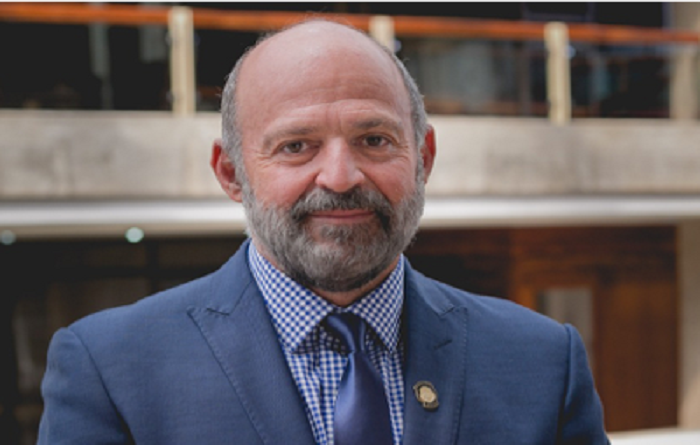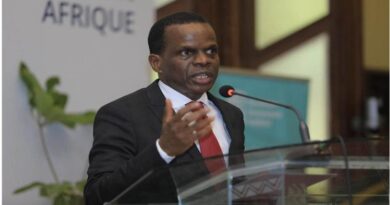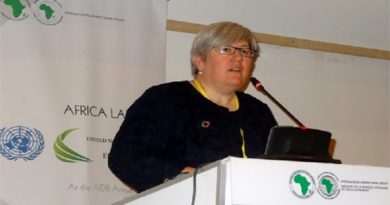Canada to host Seventh Assembly of the Global Environment Facility
As the world experiences the triple crises of climate change, biodiversity loss and pollution, Canada continues to show leadership in advancing environmental action at home and around the world by bringing diverse partners together to find solutions for a healthy planet.
Honourable Harjit S. Sajjan, Minister of International Development and Minister responsible for the Pacific Economic Development Agency of Canada, announced on World Environment Day 2023 that Canada will host the Seventh Assembly of the Global Environment Facility (GEF) in Vancouver, British Columbia, from August 22 to 26, 2023.
After welcoming the world to Montréal, Quebec, for the 15th meeting of the Conference of the Parties to the Convention on Biological Diversity (COP15) in December 2022—a conference marked by historic progress on protecting nature globally and agreeing to biodiversity financing—Canada continues its leadership as the host of the GEF Assembly this summer.
The GEF Assembly, which meets every 4 years, is the global body that coordinates financing for international efforts to address climate change, biodiversity loss, pollution, and strains on land and ocean health. This meeting will bring together environmental leaders from 185 countries, including government ministers and representatives of international organizations, businesses, academia and civil society, as well as facilitating engagement with and input from Indigenous Peoples, women and young people.
This meeting comes at a time of significant diplomatic momentum with the historic Global Biodiversity Framework deal reached at COP15 and the high seas treaty agreed on in New York City, New York, in March 2023.
This momentum will continue to build at the GEF Assembly, during which a key expected outcome is the launch of the new Global Biodiversity Framework Fund—a critically needed source of funding for the protection of endangered species and their ecosystems. Its establishment could open new avenues for private sector and philanthropic support for nature. The GEF, based in Washington, D.C., was selected to manage this new fund at COP15.
Canada is a founding member of the GEF—Canada’s primary mechanism for helping developing countries address climate change. At COP15, Canada announced it would provide $219 million between 2022 and 2026 to the GEF’s eighth replenishment to support developing countries’ efforts to address global environmental challenges and meet their commitments under international environmental conventions. Canada also committed $350 million in new and additional funding to support developing countries in conserving biodiversity and to support the implementation of the Global Biodiversity Framework.
In June 2021, Canada also doubled its climate finance commitment to $5.3 billion over 5 years (2021 to 2026) to support developing countries’ transition to low-carbon, climate-resilient, nature-positive and inclusive sustainable development.
Harjit S. Sajjan, Minister of International Development and Minister responsible for the Pacific Economic Development Agency of Canada, said “On the momentous occasion of World Environment Day’s 50th anniversary, I am honoured to announce that Canada will be hosting the GEF Assembly in Vancouver. Canada believes in the power of collaboration and inclusivity as the only way to build a more resilient future for everyone. Protecting our world’s nature, rivers, lakes, oceans and wildlife will ensure a healthy planet and healthy people. We look forward to working with international partners, Indigenous Peoples and youth to find innovative solutions to our shared environmental challenges and provide support to developing countries in their climate adaptation efforts.”
Carlos Manuel Rodríguez, CEO and Chairperson of the Global Environment Facility, added “We are delighted to be holding the Seventh GEF Assembly in Canada, whose steady leadership in environmental diplomacy has yielded enormous benefits around the world. This gathering of the GEF’s member governments and diverse partners gives us a unique chance to build on recent breakthroughs, including long-sought agreements on biodiversity and the high seas, and ensure that the urgent environmental challenges we face are addressed in an inclusive and integrated way.”
–




